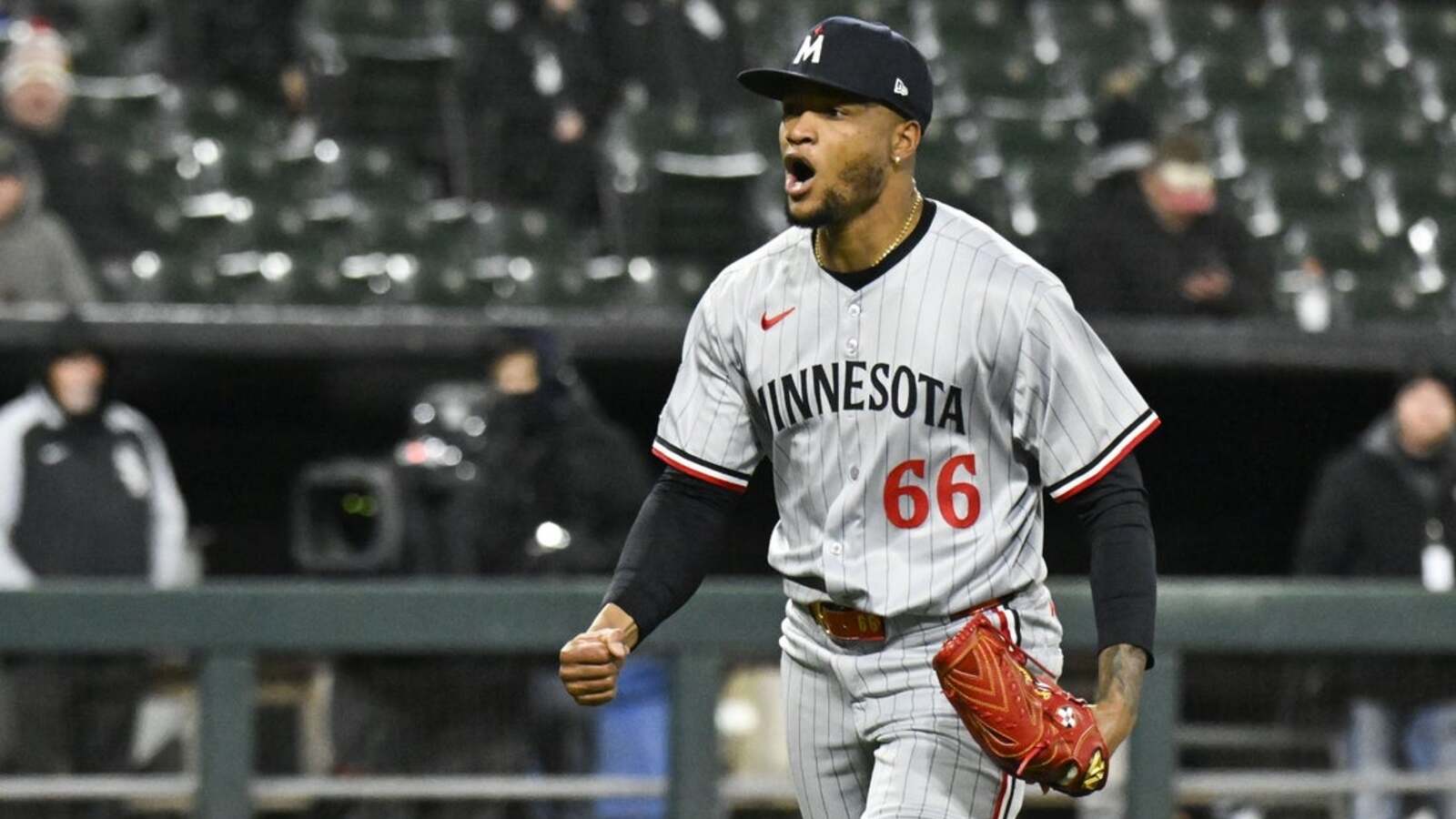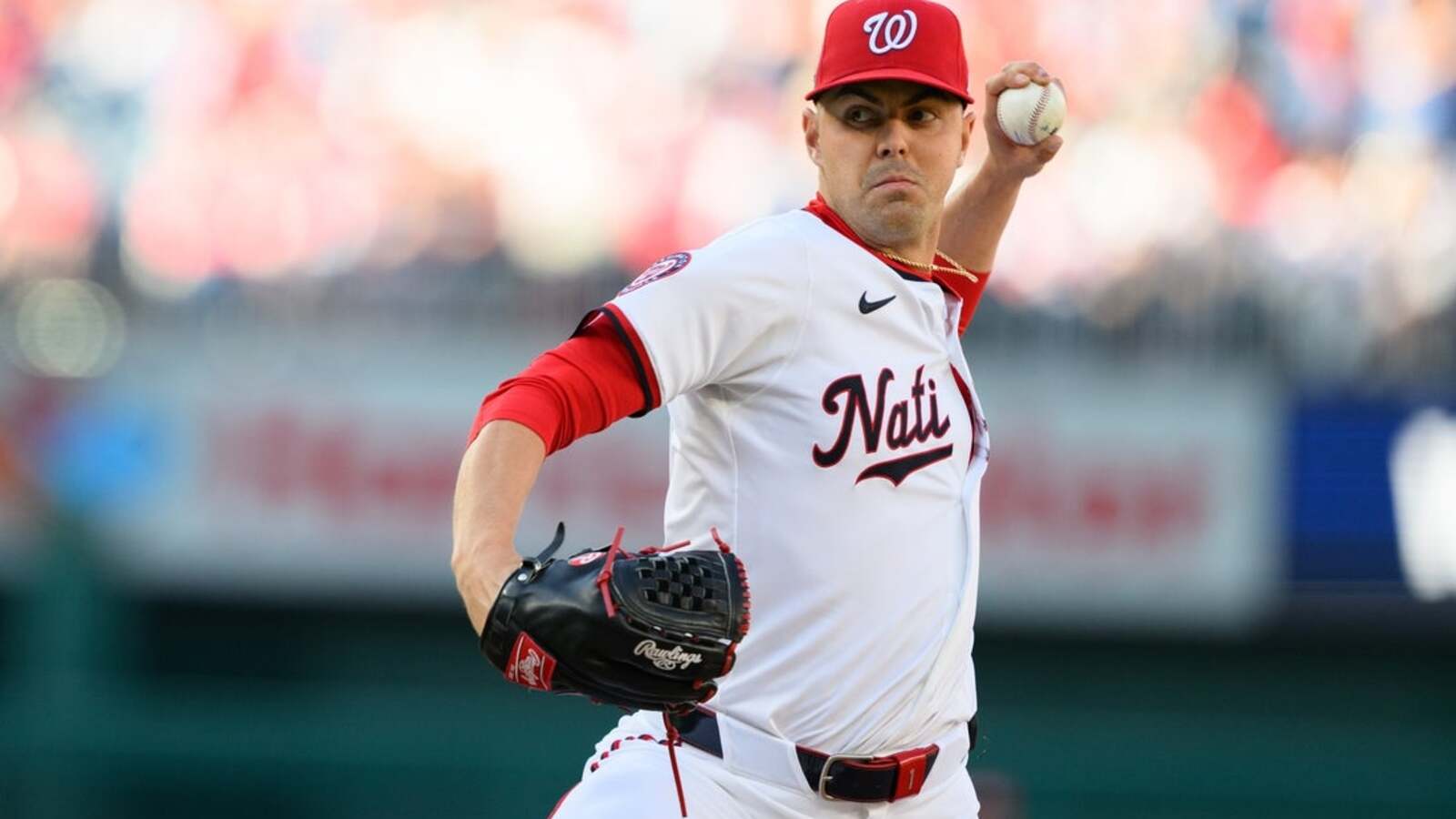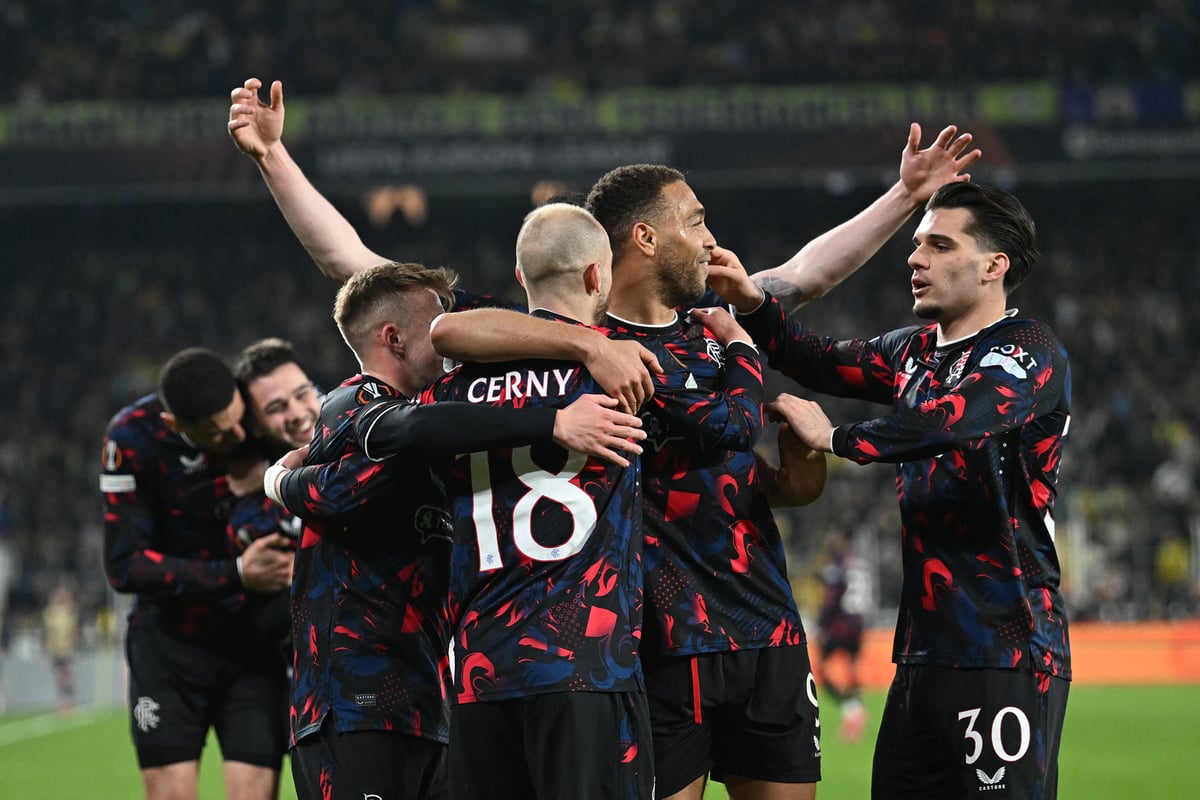
The “unique hurdles” faced by teenagers and young people with cancer should be considered in the Government’s upcoming national cancer plan for England, a charity has said. The Teenage Cancer Trust warned that patients in the 13 to 24 age group were “often overlooked”, in an open letter to Health Secretary Wes Streeting. The charity is calling for every teenager or young adult with cancer in the UK to have the opportunity to take part in clinical trials, as well as access to specialist mental health support and better training for family doctors to recognise symptoms.
Patients also urged the Health Secretary to take young people with cancer “more seriously”. The Department of Health and Social Care launched a call for evidence to help shape a national cancer plan in February. The blueprint, which is expected later this year, will aim to transform cancer care by improving diagnosis, screening and treatment, as well as bolstering research and looking at ways to help prevent the disease.

The Government also relaunched the children and young people’s cancer task force, which brings together experts to help create plans to improve cancer detection and treatment in children. But Kate Collins, chief executive at Teenage Cancer Trust, said teenagers and young adults were “often overlooked”. She said: “Cancer is different for teenagers and young adults than it is for children and older adults – and yet they’re often overlooked.
“There’s an opportunity right now for the Government to make a huge difference to the health of a generation – a difference that will have a real impact on their commitment to tackle the biggest killers and build a UK where everyone lives longer, healthier lives.” The letter to Mr Streeting forms part of a new campaign by Teenage Cancer Trust called #AndYoungPeople. It said: “Having cancer as a teenager and young adult is different to having it as a child or older adult.
There are unique hurdles this age group continue to face. “In the UK, cancer kills more teenagers and young adults than any other disease, yet it remains often under-recognised in young people. “Young people also face more barriers than other age groups in accessing potentially life-saving clinical trials and inequalities in accessing specialist mental health support.
“Cancer hits young people hard. A diagnosis is hugely disruptive to a young person’s life.” The charity is calling for every young person with cancer in the UK to have the opportunity to take part in a clinical trial where a suitable one is available, along with access to psychological support from diagnosis and for a minimum of two years after finishing treatment.
There should also be support and training for GPs and other health professionals to improve awareness of the signs and symptoms of cancer in younger people, it said. It comes after a 2023 Cancer Patient Experience Survey found almost half (48%) of teenagers and young adults diagnosed with cancer had to see their GP three or more times before being referred to specialists. Mariam Sohail was diagnosed with Hodgkin lymphoma at the age of 18.
It took nine months from when she first noticed symptoms to start treatment, and she visited her family doctor multiple times. Now 23, Ms Sohail said: “If I could say one thing to Wes Streeting it would be to have young people taken more seriously and have their concerns listened to.”.















